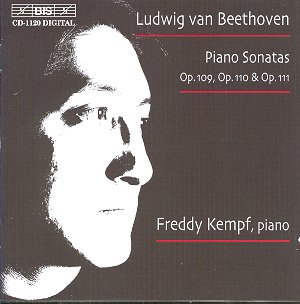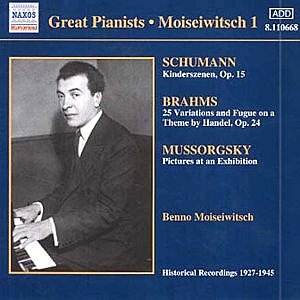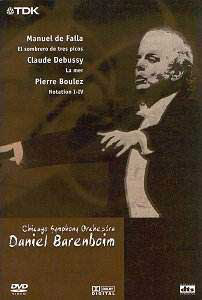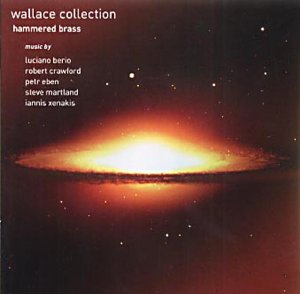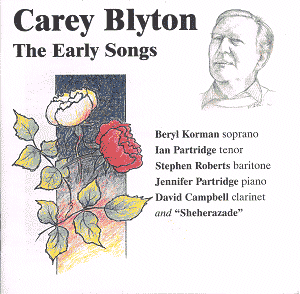 Composer: Carey Blyton
Composer: Carey Blyton
Works: Blyton The Early Songs: Three a.m. Op. 9, Two Pensive Songs Op. 10, Toi et Moi Op. 11, Moresques Op. 14, Symphony in Yellow Op. 15, The Poetry of Dress Op. 25, What then is Love? Op. 26, The Sea Dog’s Song Op. 28, Prayers from the Ark Op. 48, The Flea Op. 100½, The Rose and the Nightingale (arr. Rimsky-Korsakov), Indigo Blues Op. 103½
Performers: Beryl Korman (soprano), Ian Partridge (tenor), Stephen Roberts (piano), Jennifer Partridge (piano), David Campbell (clarinet), “Scheherazade”
Recording: Recorded at Snape, Maltings, November 2000
Label: Upbeat URCD 160
Carey Blyton emerges in this collection as a composer of strikingly nuanced early vocal works, reflecting a significant evolution from youthful exuberance to a more mature voice that encapsulates the complexities of both human emotion and the English musical landscape. The collection, aptly titled Blyton The Early Songs, offers a window into Blyton’s formative years, starting with the Three a.m., composed when he was merely 19, and though the opus numbers suggest a chronological array, it is notable that the disc includes some later pieces, illustrating the composer’s enduring relevance.
The performances on this disc are marked by a delightful synergy between the vocalists and instrumentalists. Beryl Korman’s soprano glides through the lines of Toi et Moi, where the intricate interplay of piano and voice showcases Blyton’s penchant for word painting. The subtlety of Korman’s phrasing captures the emotional breadth of the texts, particularly in the poignant Two Stolen Roses, where the music’s gentle ease belies the underlying tension—a hallmark of Blyton’s style that resonates deeply with Poulenc’s influence. Ian Partridge’s tenor, a familiar voice in English song, lends a buoyancy to the Moresques, where the combination of flute, harp, and piano creates a tapestry of sound that evokes a distinctly pastoral atmosphere. This blend of instruments, particularly the idiomatic harp writing, speaks to Blyton’s early mastery of instrumentation.
Engineering and sound quality are commendable, capturing the intimate resonance of the Snape Maltings venue. Each instrument is distinctly articulated, allowing the listener to appreciate the nuanced textures of Blyton’s orchestration. Notably, the clarity of the piano, played with finesse by both Stephen Roberts and Jennifer Partridge, complements the vocal lines beautifully, particularly in Prayers from the Ark, where Blyton’s setting of Carmen Bernos de Gasztold’s verses unfolds with a charming simplicity that belies its sophistication. The recorded sound allows for the subtle dynamics and coloristic shifts to emerge, enhancing the overall impact of the performance.
Blyton’s thematic choices in this collection reveal a composer deeply engaged with both literary and musical traditions. The setting of Oscar Wilde’s Symphony in Yellow demonstrates a boldness in choosing texts that resonate with artistic beauty while exploring deeper existential themes. This intertwining of text and music is expertly handled, particularly in What then is Love?, where Blyton’s melodic lines flow effortlessly over harmonic progressions that both support and illuminate the poetic structure. The inclusion of Rimsky-Korsakov’s The Rose and the Nightingale further highlights Blyton’s skill in arrangement, juxtaposing his own voice with that of a great master.
Throughout this collection, Carey Blyton’s early songs serve not only as an exploration of youth but also as a testament to a composer who deftly navigates the realms of text and music. The various performances are executed with a palpable sense of joy and commitment, particularly by Korman and Partridge, whose interpretations bring Blyton’s lyrical intentions into sharp relief. The album stands as a significant addition to the growing catalog of Blyton’s work, offering listeners a rich tapestry of sound that rewards both careful listening and casual enjoyment. The artistry displayed by all performers resonates powerfully, affirming Blyton’s place within the canon of English song.
